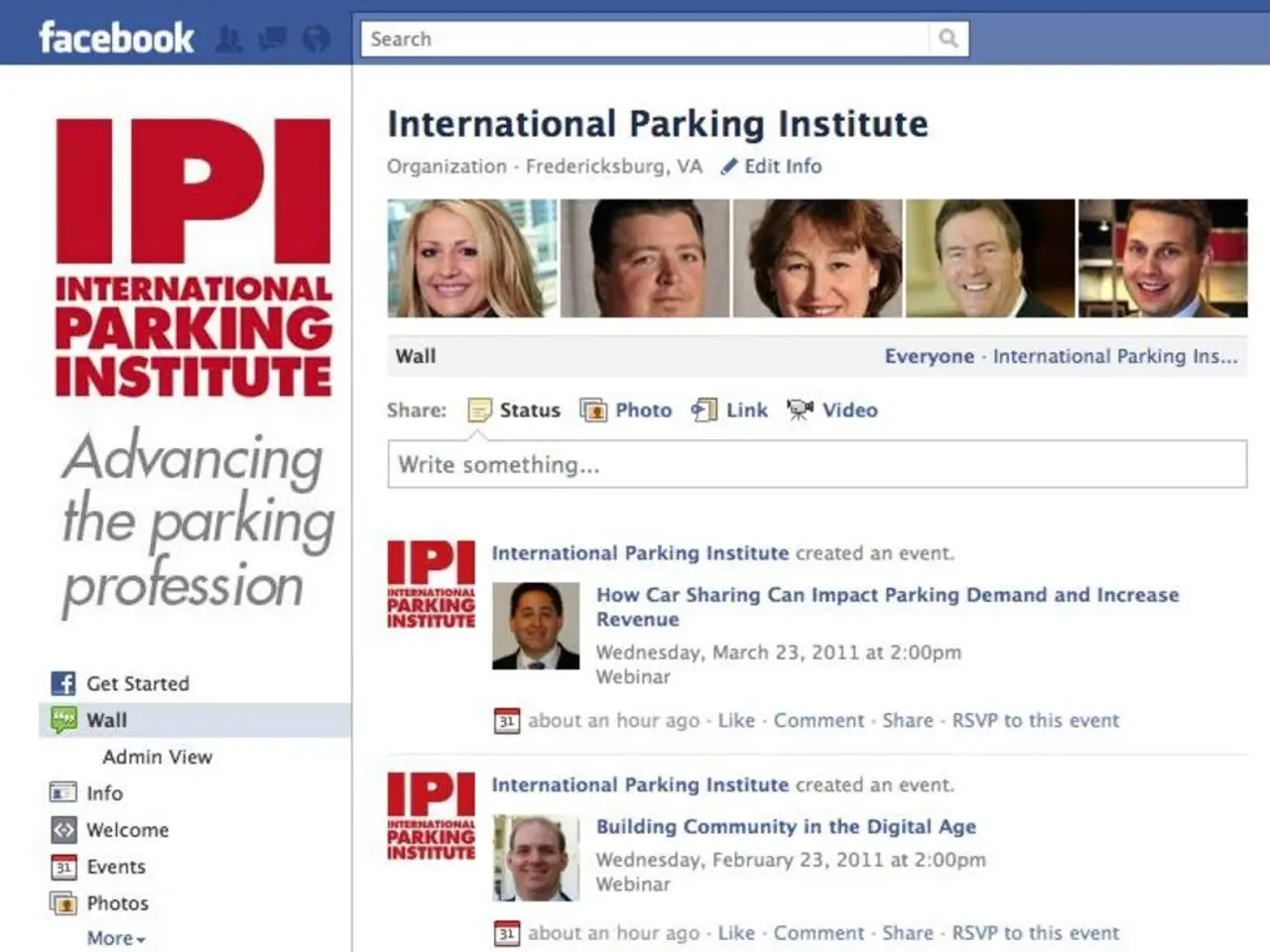Solitude Amidst Activity: The Persistent Sense of Isolation
In a world where technology has made communication easier than ever, one might assume that feelings of loneliness would decrease. However, a 2022 study published in The American Journal of Psychiatry reveals a different reality [1]. Individuals with mental health disorders are more likely to experience persistent loneliness, a finding that highlights the complex relationship between technology, social connections, and mental health.
The study isn't alone in its findings. In a 2021 study by Cigna, nearly 61% of Americans report feeling lonely, an increase from previous years [2]. This trend is concerning, especially when considering the role of social media platforms in our daily lives. While they allow for numerous interactions, these interactions often lack depth and authenticity.
The superficiality of online communication, combined with cultural shifts toward individualism, demographic changes like urbanization and aging populations, and the decline of close, meaningful relationships, contribute to this phenomenon [3]. Digital connections can serve as a substitute for genuine human interaction, making it harder to build meaningful relationships.
Moreover, social media and digital platforms often create an illusion of connection by allowing many surface-level interactions without establishing real emotional support or mutual understanding. The number of social contacts does not equate to the quality of relationships, and without deep bonds, individuals experience greater isolation despite seemingly busy social lives.
Yasmine Bonnici, a nursing and counselling graduate, focuses on psychological aspects in her practice. In her view, conditions such as anxiety and depression can distort one's perception of social interactions and make it more challenging to engage with others [4]. However, she emphasises the importance of fostering face-to-face interactions and being mindful of the quality of social media engagements to combat loneliness in a busy world.
Research published in the journal Emotion in 2018 supports this perspective. It found that the depth of personal relationships, not their quantity, combats loneliness [5]. Taking the time to reach out to friends, instead of merely liking their posts, can strengthen relationships and provide the emotional support needed to combat feelings of isolation.
In conclusion, the paradox of rising loneliness amid abundant communication tools arises because digital connections often replace rather than supplement real, meaningful human interactions, combined with cultural and demographic shifts that challenge opportunities for genuine closeness [1][2][4]. Seeking professional help can provide necessary tools to navigate feelings of loneliness, and fostering genuine connections can help combat isolation in a world that often values quantity over quality.
References:
[1] The American Journal of Psychiatry. (2022). Mental Health and Loneliness. [2] Cigna. (2021). Loneliness in America: A 2021 Report. [3] Turkle, S. (2011). Alone Together: Why We Expect More from Technology and Less from Each Other. [4] Bonnici, Y. (2022). Personal Interview. [5] Clifford, N., & Cacioppo, J. T. (2018). The Role of Social Relationships in Health and Well-being. Emotion, 18(4), 517-522.
- The study published in The American Journal of Psychiatry in 2022 highlights the complex relationship between technology, social connections, and mental health, finding that individuals with mental health disorders are more likely to experience persistent loneliness.
- In the realm of health-and-wellness, fostering genuine face-to-face interactions and being mindful of the quality of social media engagements can combat loneliness in a busy world, as research in the journal Emotion in 2018 suggests that the depth of personal relationships, not their quantity, combats loneliness.
- In the field of education-and-self-development and personal-growth, understanding the role of mental health in the experience of loneliness can provide insights into strategies for fostering meaningful relationships and combating feelings of isolation.




